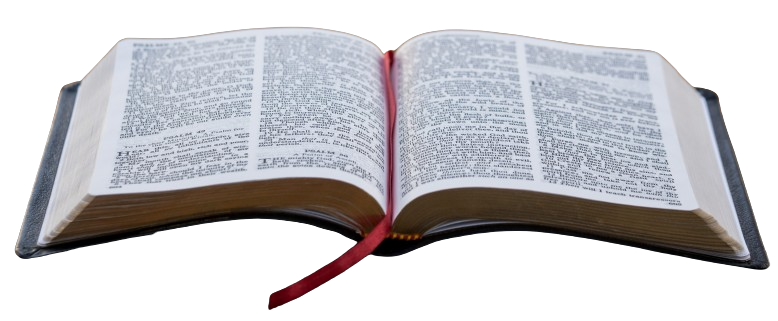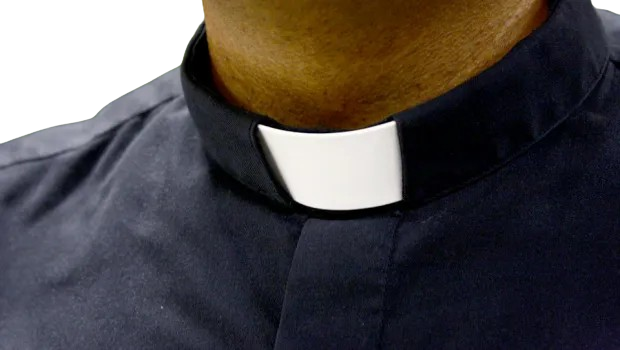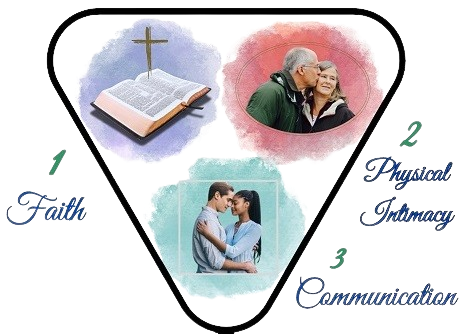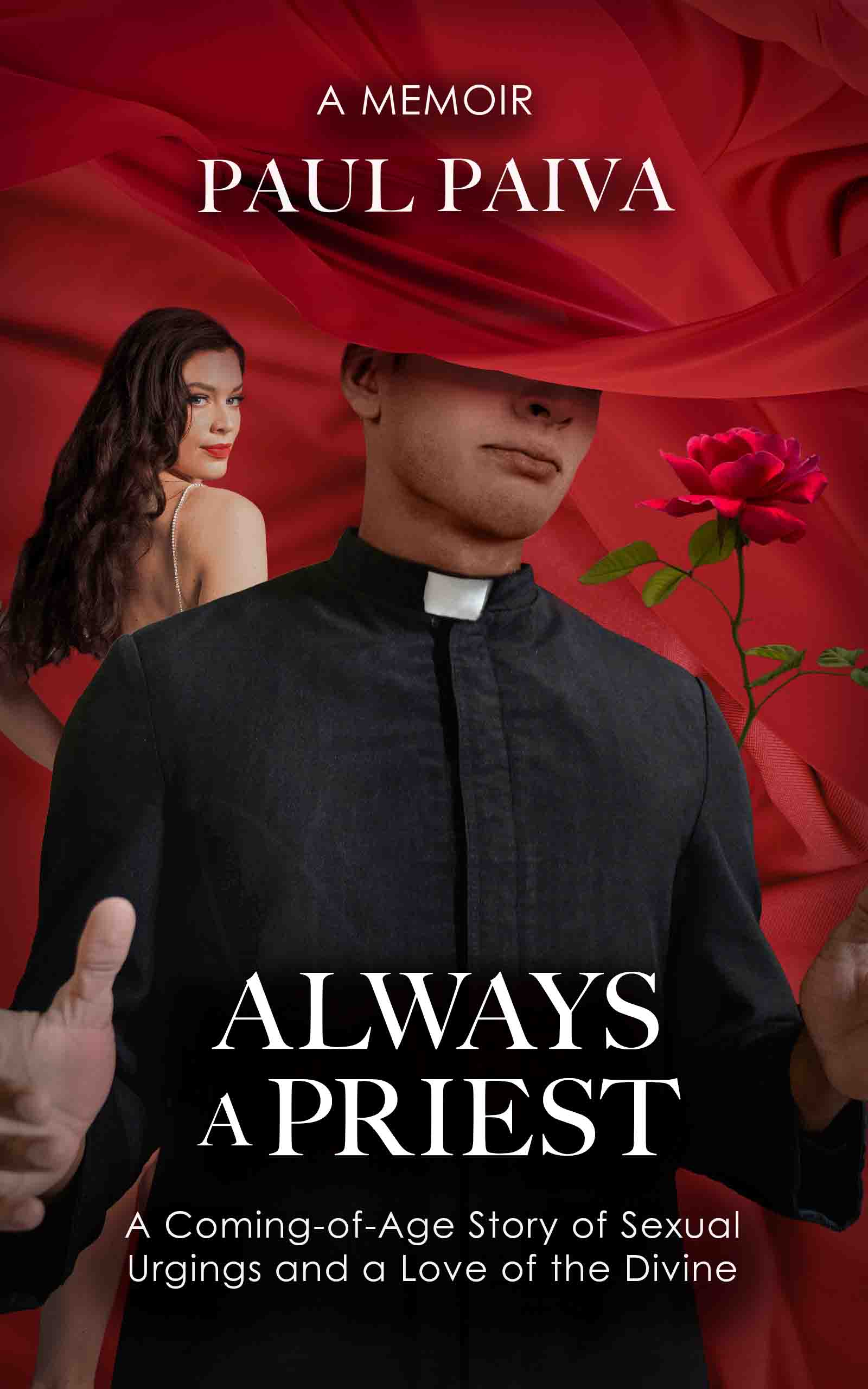Bible comes from the Latin biblia which means a collection of books. At the end of some books, you may notice a bibliography, which is a list of referenced books or sources.
If you are Mormon, your bible or primary text is likely the Book of Mormon.1
For Muslims, it is likely the Koran.1
For Hindus, it is likely the Bhagavad Gita.1
If a Christian is asked what the Jewish bible is they may respond, “the Old Testament,” however from a Jewish perspective, they have ONE primary testament and they don’t call it old. If you are Christian, you may say that your bible is the “Old Testament” and “New Testament.”
When I give a lecture to people of unknown spiritual backgrounds, I will absolutely NOT use the term “bible” because that term may connote a different set of books, depending on their background.
To casually use the term “bible” with the public is, in my opinion, arrogant, or at best cavalier—it is presuming that the listener’s bible is the same as my bible, which may not always be the case.
Therefore, as I learned in seminary, I avoid the term “bible,” and when referring to my bible, I say Hebrew Scriptures (aka Old Testament) and Christian Scriptures (aka New Testament). Using these terms, I will always be accurate, and minimize alienating those whose bible is not the same as mine. And, I may even gain their favor by this demonstration of respecting their traditions, beliefs, and religious texts. Keep in mind that respect for one another’s traditions is an excellent foundation for resolving differences amongst people of differing views.
I encourage using terms like Hebrew Bible, Hebrew Scriptures, Christian Bible, and Christian Scriptures.
Even when addressing a group of Christians, I may begin by asking, “What is YOUR bible?” Makes for a good icebreaker, and they get an education in sensitivity, acceptance, and inclusion when speaking to non-Christians.
Recently I read an article, “Texas Approves Bible-Based Lessons in Elementary Schools.” To me, it brings up the question, “What is bible based—would it not depend on what your bible is?” In this post, I am not addressing the legality or appropriateness of such laws—perhaps another day—I’m merely addressing our terminology. I do find it surprising that in a country and world comprised of multiple religions, the term “bible” is used so thoughtlessly.
What are YOUR thoughts about using the term “bible"?
Next post: Why do we attribute the Ten Commandments to Christianity when they are actually rooted in Judaism?
— Paul






